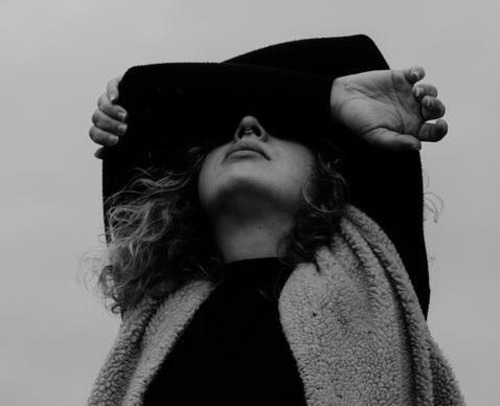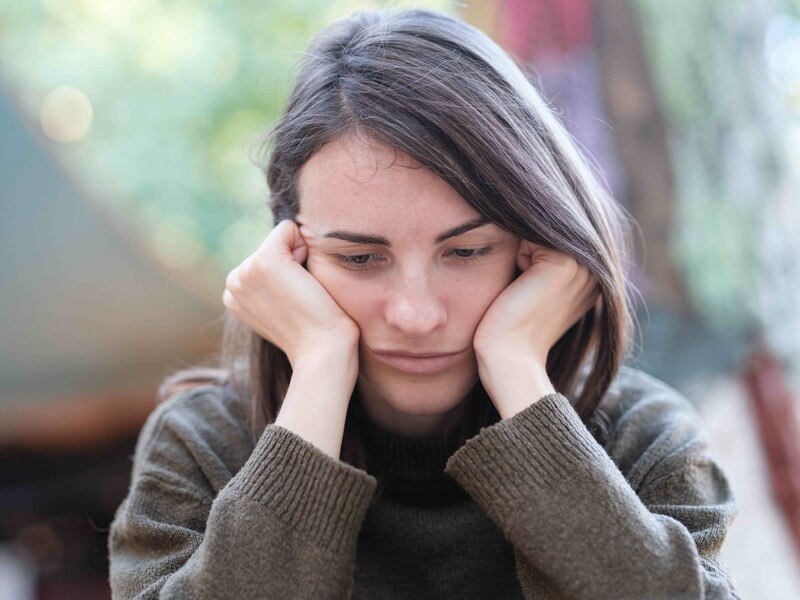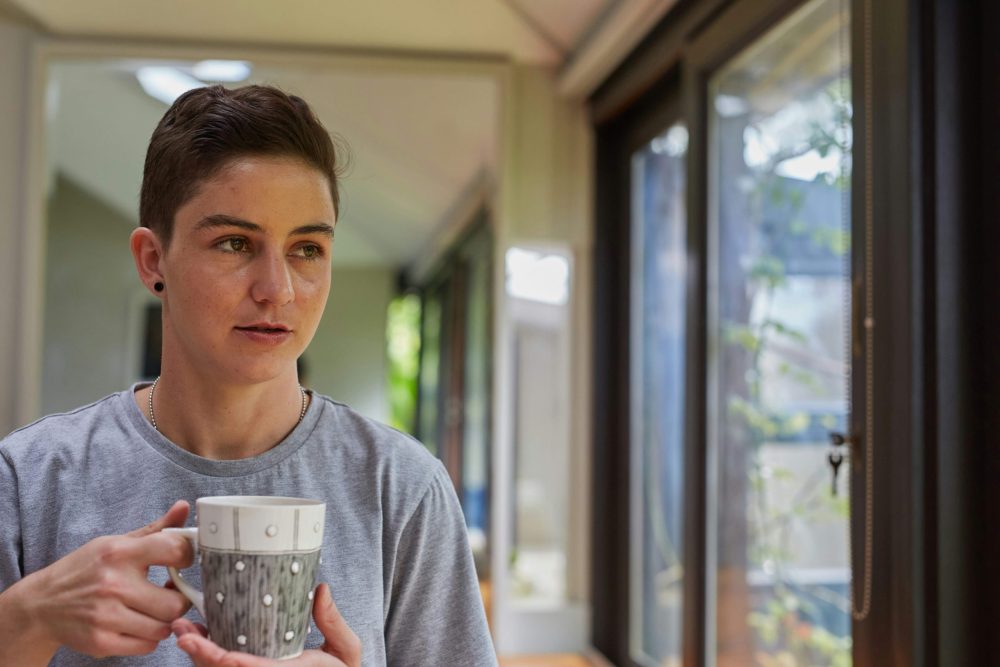Why Should One Choose a Women’s Only Residential Mental Health Treatment Center?
A gender-specific rehabilitation center for women is perfect if you are seeking a personalized treatment experience to address issues commonly faced by women. A women’s residential treatment program is designed to treat issues in a way that is most relevant to the experience of females. It also provides you with a built-in support network.
The mental health issues faced by women are different from those that men deal with. For example, over half of women who have experienced mental health issues have also dealt with abuse. Women are also twice as likely to develop PTSD, and according to the American Psychological Association, women attempt suicide more than men.
Furthermore, depression is most commonly diagnosed among women. Women’s residential depression treatment can help you address the issues you face head-on in a safe and supportive environment alongside other women who are experiencing similar challenges. Your care team will also approach each step of your treatment through a women’s therapy lens.
Statistics on Female-Only Residential Treatment Programs in Georgia
Women experience unique mental health challenges that can be made even more difficult due to stigma, sexism, homelessness, domestic violence, or single parenthood. They are more likely to be diagnosed with co-occurring conditions than men, and trauma can often complicate treatment further. Women also tend to mostly be referred to residential treatment by mental health services and child welfare agencies.
In Georgia, it was found that 22% of women between 18 and 44 years old reported experiencing poor mental health for over half of the last month. The Georgia State Mental Health Agency discovered that Georgia is one of 32 states where more women receive treatment than men.










